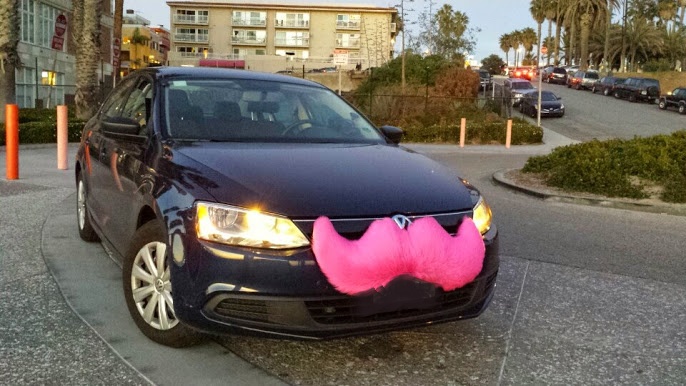
Millions of riders rely on ridesharing apps and services from companies like Uber and Lyft for daily transportation. However, a recently released study from Consumer Reports suggests that a lot of those vehicles – as many as 16 percent of all vehicles owned and driven by Uber and Lyft drivers – may be subject to an open, unfixed safety recall, which means they carry a safety defect that is significant enough for an auto manufacturer to issue a recall.
One in Six Ridesharing Vehicles may Have a Defect
While the study looked at 93, 958 registered Uber and Lyft vehicles in Seattle and New York City, if their results are accurate, then there may be many ride-sharing vehicles that are potential time bombs, in a manner of speaking. Out of those vehicles, they found 15,175, or 16.2 percent, of them had open, unfixed recalls. They found as many as 1,274 had open recalls for the dangerous Takata airbags alone. They found 25 registered vehicles with five or more unfixed defects subject to recall.
It was also striking to researchers that most of these drivers use the same use their personal vehicles to drive for the ridesharing platforms – the same vehicle they use to drive their kids to school or soccer practice.
Uber put a directive in place in June 2018 that immediately deactivates a driver when their vehicle reaches “do not drive” status with regard to recalls. Lyft relies on the individual driver to decide when they should get the car fixed, depending upon their “strong personal incentive” to make sure their vehicle is in safe operating condition. Both companies responded to the study by pointing out that both companies pointed drivers and passengers to the “myCarFax” app, which can tell anyone about the current state of the vehicle, including open recalls, simply by entering the licdense plate number, which is included when either service confirms the booking,
How Dangerous Are These Defects?
The study includes some specific examples of Uber and Lyft vehicles in New York City and Seattle that were being driven with defects, especially a 2011 Hyundai Sonata GLS with eight unfixed safety recalls, ranging from a possible seat-belt detachment to a possible engine failure. As noted, a significant number of vehicles were being driven with risks as serious as the potentially deadly Takata airbags. Some of the defects that were being ignored included some that could result in a vehicle catching fire or a a vehicle losing power as it was being driven on a highway, thus increasing the risk of a serious crash.
Researchers with Consumer Reports couldn’t identify a specific instance in which a ridesharing passenger or driver has been injured in an accident related to a recalled defective vehicle. However, they did note that Uber and Lyft have only taken minor steps to make sure that drivers address recalls, which could lead to serious consequences at some point.
In the wake of this study, Consumer Reports has recommended stronger laws regarding safety recalls, especially since both companies are planning to greatly expand in the cing years. As it stands, Both Uber and Lyft only allow vehicles on their platforms if they are legally registered and are n more than 10-15 years old, depending on their location. However, neither company has a policy in place regarding open recalls, although both have released statements in the wake of the Consumer Reports study saying that they have taken steps to address open recalls n their platform. Uber, for example, says, in addition to blocking vehicles from the platform under certain conditions, it also reminds and encourages drivers to get recall repairs done.
How Can Consumers Stay Safe?
Ridesharing has forever changed the way a lot of Texans get around. Our state has already been cited as the state with the most unfixed recalls, and there is no reason to think ridesharing companies are the exception that proves the rule. Uber and Lyft (and the handful of other such companies) have a duty to their customers to maintain the safest platform possible. Unfortunately, most of the onus to repair recall defects is primarily on drivers, with Uber and Lyft taking only minor steps to ensure that open recalls are addressed.
As noted previously, ridesharing customers can also make sure their ride is safe, by downloading the “MyCarFax” app and using it to find out the vehicle that’s coming to pick them up is up-to-date on its recall repairs.
